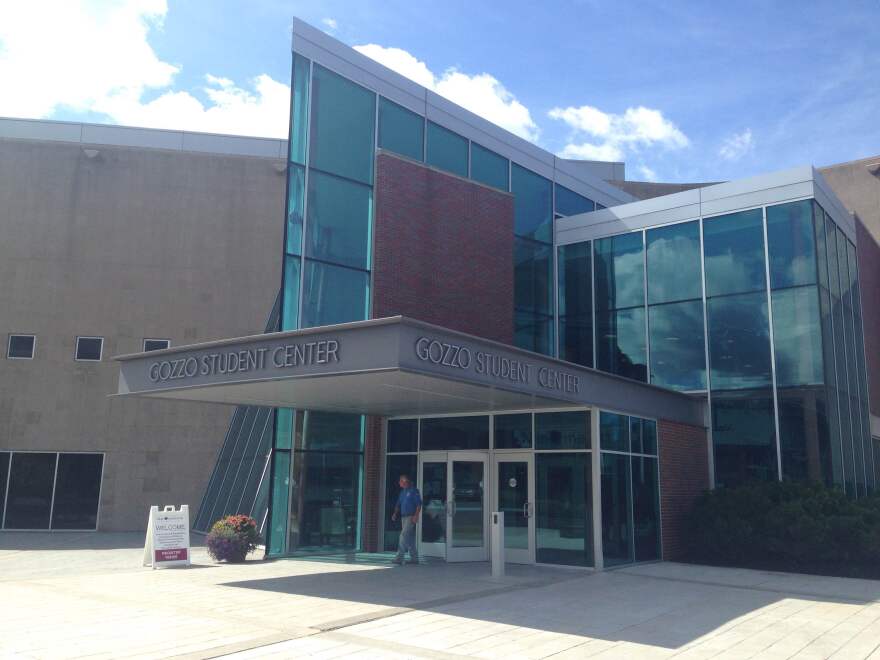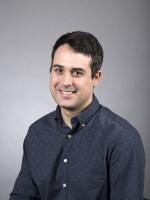New York’s Capital Region has become a hub for high-tech manufacturing and nanoscience. While those terms may bring computer chips to mind, a weeklong symposium wrapping up today in Albany is exploring how nanoscience can be used in medicine.
The Albany College of Pharmacy and Health Sciences is hosting its first symposium on nanomedicine.
The tiny technology could bring big changes to how we treat cancer and other diseases.
Dr. William Boden is Chief of Medicine at the Stratton VA Hospital in Albany. He says, for example,nanotechnology can help deliver anti-cancer medications to their target areas. He says the technology can help focus treatments like a laser beam, as opposed to chemotherapy, which he called a “shotgun approach.”
“You know, the collateral damage associated with standard chemotherapy is sort of a take-no-prisoners kind of approach, which means that you can essentially damage normal as well as diseased tissue,” says Boden.
Chemotherapy drugs can inhibit cell division.
“But they often don’t distinguish selectively,” added Boden.
That’s where nanotechnology comes in — not just to spare healthy cells from harsh cancer treatments, but also reduce side effects.
Just to be clear, we aren’t talking about microscopic robots, but organic particles. Boden gave another example about how nanotechnology can help reduce bad cholesterol.
“HDL, which is the good cholesterol in our bodies, we know it’s a scavenger for removing bad cholesterol from our arteries. So one can combine a drug – attach it to an HDL particle using nanotechnology, and this can then be delivered, typically by injection, to increase the targeted treatment using HDL as a carrier.”
Bringing the drug right where it’s needed, making it more effective.
Boden says localized nanotechnology can also stand up to our digestive systems better than a typical pill. Think of it as being a sort of “personalized” medicine.
The exchange of ideas at the conference in Tech Valley is taking place in what is becoming a worldwide hub for nanotechnology research.
College Provost Dr. Tarun Patel says the week has brought together researchers from across the academic spectrum.
“Medicine, pharmacy, physics. People are here from various academic institutions within this area — including the University at Albany and the Nanoscale institute. Also, because of the closeness to Boston where a lot of biotechnology companies are, a lot of people from there are attracted. We have people from overseas that are attracted.”
Including as far away as Cairo. Dr. MoheyElmazar is a professor of pharmacology and Dean of the Faculty of Pharmacy at the British University in Egypt.
He says he’s learned a lot from the discussions and networking at the symposium.
“I have my ideas as well and I think those ideas were, as I say this, refined. And talking with with my colleagues here as well, I think the new proposals for new research in Egypt will be really coming in a way for applications for our problems in Egypt. And that would be fantastic.”
Dr. Elmazar says the contacts he’s made here are invited to join him and his colleagues for a conference and symposium in 2020 hosted by the British University in Egypt in collaboration with other institutions.




